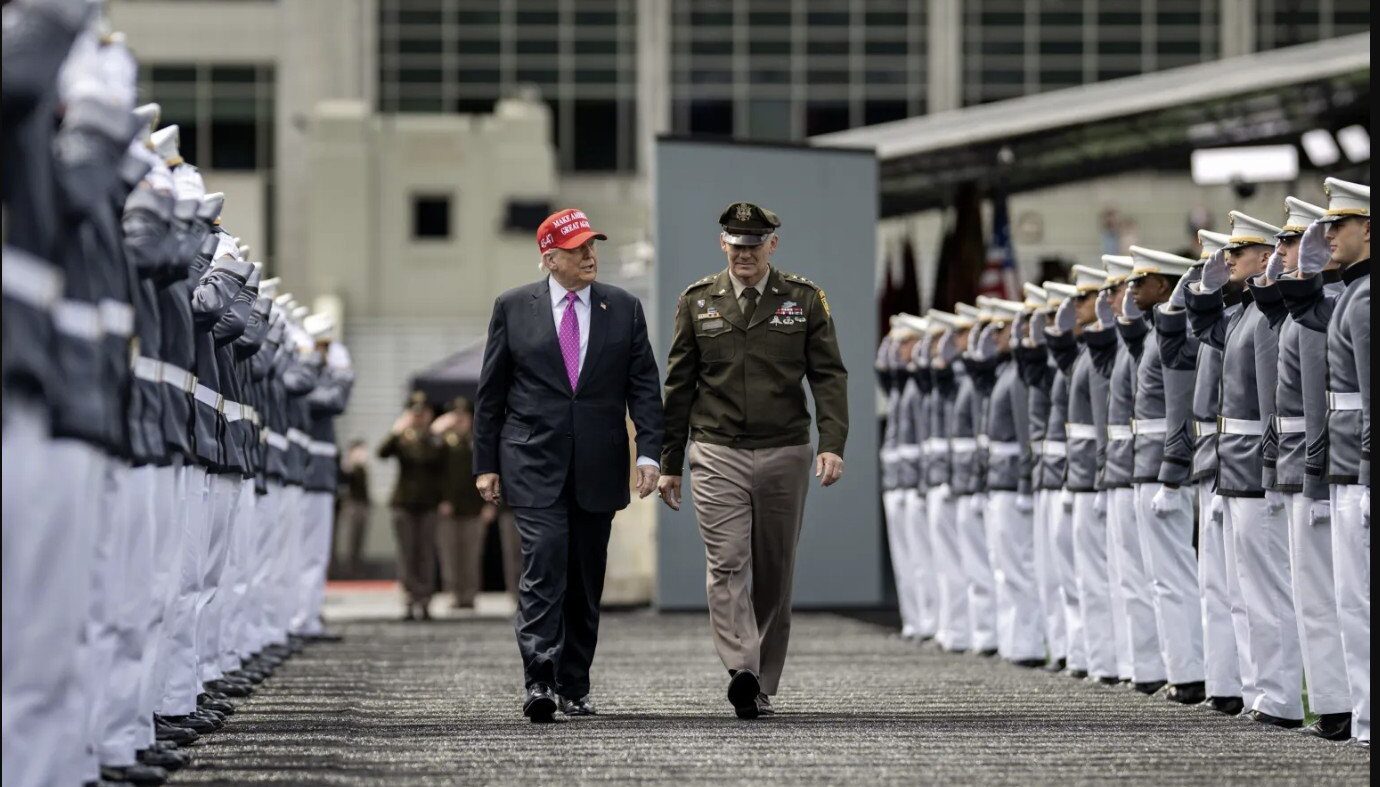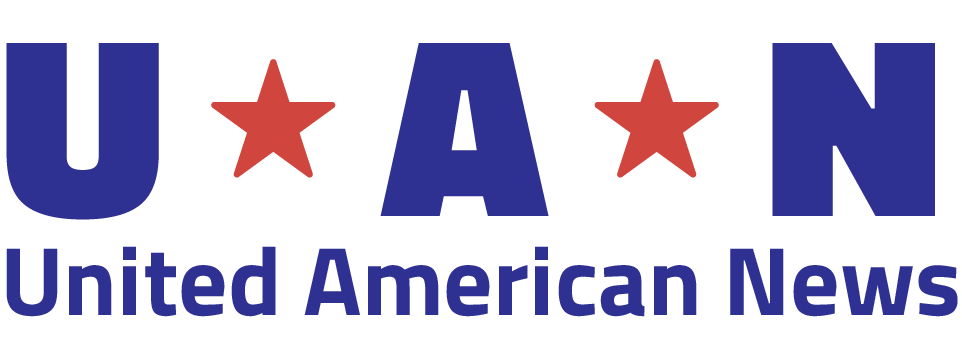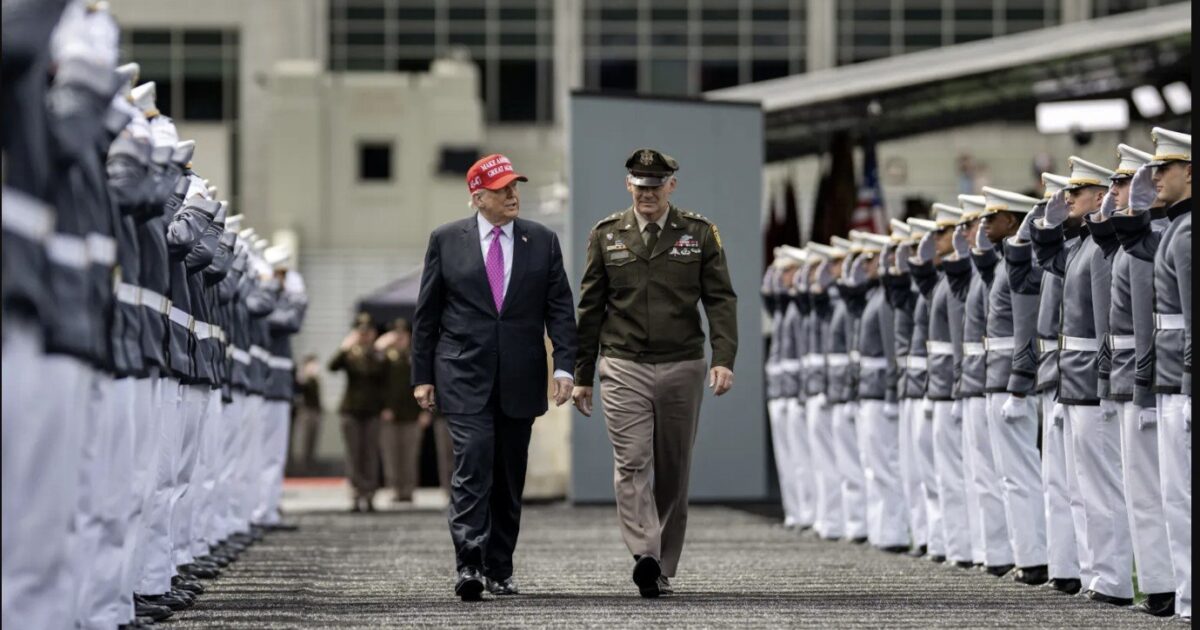This post was originally published on this site

U.S. service academies will begin accepting Classic Learning Test (CLT) scores starting with the 2027 admissions cycle. By October 1, West Point, the Naval Academy, the Air Force Academy, the Coast Guard Academy, and the Merchant Marine Academy are expected to update admissions materials and train staff on the change.
Created in 2015, the CLT sets itself apart from the SAT and ACT by emphasizing classical literature, American history, Christian thinkers, and ethical reasoning, while also forbidding calculators on the math section.
Unlike conventional tests that reward test-taking strategies, the CLT draws from a curated list of great books, philosophy, and historical documents, requiring students to engage with challenging texts and demonstrate substantive argumentation in essay writing.
Advocates say this approach rewards depth of learning, encourages serious study of literature and history, and better reflects the skills needed for rigorous academic work. Many colleges with classical or Great Books curricula already accept CLT scores, arguing it more accurately identifies students prepared for their programs.
Critics argue the CLT privileges Western classical education, disadvantages students without exposure to classical texts, and risks reinforcing inequality by favoring schools with classical curricula.
They also point to its limited acceptance by colleges and claim it could push schools toward a narrow educational philosophy.
Liberals always argue that exams requiring students to read, think, and then write correct answers disadvantage poor people. With the CLT, they claim that poor students and underfunded school districts lack access to classical literature.
This is, of course, nonsense, because classical works are not protected under copyright law and are freely available through countless websites and archives. In fact, basing a curriculum on classical literature makes it more accessible and helps reduce gaps caused by economic disparities.
But the charge of “Western bias” collapses under scrutiny. Every major U.S. standardized test already operates within a Western framework, exactly as it should for institutions of Western higher education.
The SAT draws from American and European literature and political documents, the ACT tests standard American English, the GED requires U.S. history and government knowledge, and AP exams in history, literature, and government are grounded in Western traditions.
This alignment is natural because American universities themselves are built on Western disciplines and methodologies.
Practical examples confirm this reality. English majors study Shakespeare as a core requirement, not non-Western writers. Political science programs center on Locke and Rousseau.
Philosophy departments emphasize the canon from ancient Greece forward. Even when non-Western history is taught, it is analyzed through Western historiographical methods.
International students already understand this, most must prove English proficiency and often take additional coursework to succeed in U.S. programs.
The numbers reinforce the point. International students make up only about 6 percent of U.S. higher education enrollment, meaning 94 percent are American.
The purpose of U.S. entrance exams is to identify students prepared for American universities, not to accommodate global neutrality.
Other nations take the same approach. China’s Gaokao is entirely in Chinese with Chinese cultural and historical content. France’s Baccalauréat assumes deep knowledge of French literature and history.
India’s JEE reflects Indian academic contexts, and Japan’s Center Test is exclusively in Japanese. None of these systems restructure exams to suit foreigners because they serve domestic educational traditions.
The CLT simply makes explicit what already exists: readiness for a Western-based academic system.
Criticizing it for Western bias while accepting the SAT or ACT is inconsistent, since all measure preparation for the same educational model.
The argument that the CLT lacks acceptance is largely political. While the test was initially embraced mainly by Christian colleges and schools in conservative states, its reach has grown rapidly.
Over 300 colleges and universities now accept the CLT, up from about 250 in 2024, and its adoption by U.S. service academies marks the exam’s most significant breakthrough, signaling entry into the educational mainstream.
Florida has been central to this momentum. In September 2023, the state’s Board of Governors approved the CLT for admissions at all public universities, a move backed by Gov. Ron DeSantis.
Florida also funds districts to administer the CLT to 11th graders, and students who meet certain score thresholds qualify for state-funded Bright Futures scholarships.
Beyond Florida, the CLT is recognized by a growing list of notable institutions, including Franciscan University, Hillsdale College, Cedarville University, Patrick Henry College, and New College Franklin, which requires CLT scores for applicants under 25. Pepperdine University, Boise Bible College, and several Tennessee schools, such as Belmont, Bryan, Lipscomb, and Union University, have also signed on.
Many CLT partner colleges offer generous scholarships, with more than $100 million annually tied directly to CLT scores.
For example, Benedictine College awards $10,000 to $19,000 per year based on results, with perfect scorers considered for full-tuition Premier Scholarships, while Calvin University offers $12,000 to $20,000 per year depending on GPA and test performance.
Defense Secretary Pete Hegseth has called the CLT “the gold standard,” and Sen. Jim Banks (R-Ind.) introduced the legislation to mandate its acceptance. CLT co-founder Jeremy Tate described the move as restoring rigor and grounding students in the ideas that shaped America.
Florida Governor Ron DeSantis has been one of the most vocal advocates, while the Heritage Foundation has published numerous articles in support of the exam, stressing that it addresses many of the problems in public education and “challenges test-takers to think critically about our intellectual tradition, and to engage with it morally and ethically…
The CLT’s focus on this tradition presents students with ideas, topics, and issues that [they] will encounter repeatedly in college and beyond.”
The post U.S. Military Academies Now Accepting Conservative CLT Exam appeared first on The Gateway Pundit.

